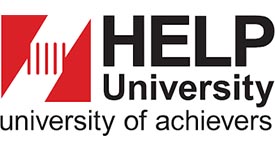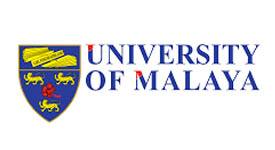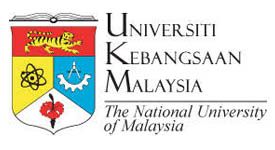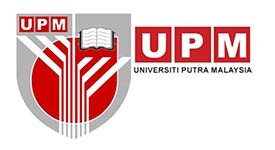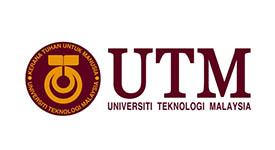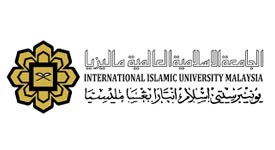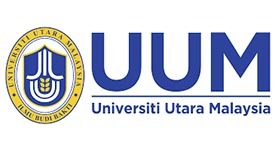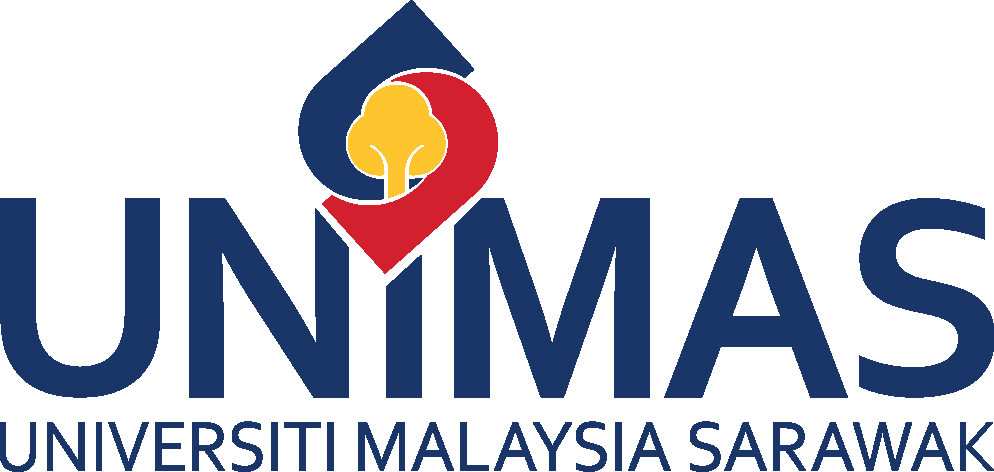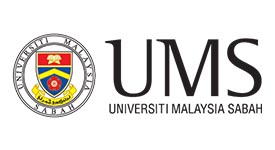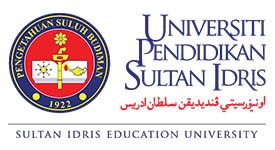Subjects of Master of Science in Economic Crime Management in HELP University
Malaysia
STRUCTURE
COMPULSORY 12 MODULES
- CRM501 Introduction to Economic Crime
- CRM502 Research & Analytical Methods in Economic Crime Management
- CRM503 Fraud Investigation
- CRM504 Psychology and Crime
- CRM505 Economic Crime Management and Technology
- CRM506 Information, Networks and Internet Security
- CRM507 Forensic Accounting
- CRM508 Advanced Fraud Analysis
- CRM509 Corporate Criminal Liability and Evidential Issues
- CRM510 Ethics in Economic Crime Management
- CRM511 Applied Research Project
- CRM512 Criminology
- CRM513 Contemporary Issues in Terrorism
- CRM515 Cyber Security
- CRM516 Anti-Money Laundering
- CRM517 Organised Crime
SYNOPSIS OF EACH MODULE
CRM 501 INTRODUCTION TO ECONOMIC CRIME
This module provides a critical understanding of the diversity of economic crime. Current trends and issues – from victim responses to the development of regulation will be explored to provide students with a comprehensive understanding of the module.
CRM 502 RESEARCH & ANALYTICAL METHODS IN ECONOMIC CRIME MANAGEMENT
This module is designed as a comprehensive introduction to research methods and statistics. Students are equipped with an understanding of the research process and the practical principles of research design. This module introduces the different types of variables in research and the types of scale on which they can be measured.
CRM 503 FRAUD INVESTIGATION
The focus of this module is the nature of financial fraud, financial fraud detection, and the investigation of financial fraud. Therefore, this module takes the perspective of organizations, forensic accountants, internal auditors, external auditors, the police, and security specialists. This module takes a holistic view of the mechanics of financial fraud investigations.
CRM 504 PSYCHOLOGY AND CRIME
Criminological psychology is applied to provide insights into the understanding, prediction, and treatment of perpetrators of criminal behavior. Accordingly, the focus on the biological and psychological factors in human behavior is the focus of this module. The application of psychological concepts in the legal system is also explored.
CRM 505 ECONOMIC CRIME MANAGEMENT AND TECHNOLOGY
Cyber-crime is an increasingly pertinent threat in an increasingly technological environment, Combating cyber-crime begins with an understanding of the technologies and issues in combating cyber crime. This extends to understanding the challenges for international rules against cyber-crime; law enforcement; research and technology; and intelligence collection.
CRM 506 INFORMATION, NETWORKS AND INTERNET SECURITY
This module takes a unique perspective of information security by combining both theoretical and conceptual issues with operational and practical activities of information security. The threats and vulnerabilities of existing systems are explored in order to understand the foundations of information security management.
CRM 507 FORENSIC ACCOUNTING
This module provides a thorough examination of current methods and legal concerns for the detection and prosecution of economic crime. This module is designed as a guide from the detection of economic crime to the indictment and conviction of perpetrators.
CRM 508 ADVANCED FRAUD ANALYSIS
Familiarises students with innovative analytic approaches in complex fraud analysis. Discusses basic data mining and predictive analytical skills. Topics include: pre-crime data mining, investigative data warehousing, link analysis, text mining, neural networks, machine learning, intrusion detection, and the Entity Validation System (EVS).
CRM 509 CORPORATE CRIMINAL LIABILITY AND EVIDENTIAL ISSUES
Defines the concept of corporate criminal liability, plus a broad review of the theoretical constructs, theories and studies of corporate criminal liability, with analysis of the law and strategic advice for students/practitioners. Emphasises ways to prevent corporate crime via good strategies and compliance policies, in the light of legal developments.
CRM 510 ETHICS IN ECONOMIC CRIME MANAGEMENT
Focuses on current moral issues in economic crime management and identifies ethical concepts that provide the foundation for the resolution of ethical issues. This module aims to provide students with an overview of management ethics in building up the integrity value of management.
CRM 511 APPLIED RESEARCH PROJECT
This capstone course is a project that enables candidates to apply all the elements studied in the course in preparing a case study that can be related to policy making, study of a company or a business.
CRM512 CRIMINOLOGY
Defines the concepts of criminology and provides a broad review of the theoretical constructs, theories and studies of criminology. It provides both analysis of the criminal behavior and also the many sociological perspectives on commission of crimes.
CRM513 CONTEMPORARY ISSUES IN TERRORISM
Examines the phenomena of terrorism from a criminological standpoint. Key definitional debates relating to social, political, media, cultural and ideological ‘construction’ of terror are examined.
CRM515 CYBER SECURITY
The goal is to build confidence and trust that critical information infrastructure would work reliably and continue to support national interests even when under attack. Therefore, we deem it important that cybersecurity strategies focus on the threats most likely to disrupt important national activities. The first feature of our model is identification of the factors influencing national cybersecurity activities.
CRM516 ANTI-MONEY LAUNDERING
Designed to provide students with understanding of Anti-Money Laundering (AML) and Counter-Terrorist Financing strategy, framework and vulnerabilities. It provides techniques on how to prepare AML reporting and dealing with authorities.
CRM517 ORGANISED CRIME
This module serves to provide a comprehensive overview of organized crime. This module will define and review the depth and breadth of the history, organization and business end of organized crime.
